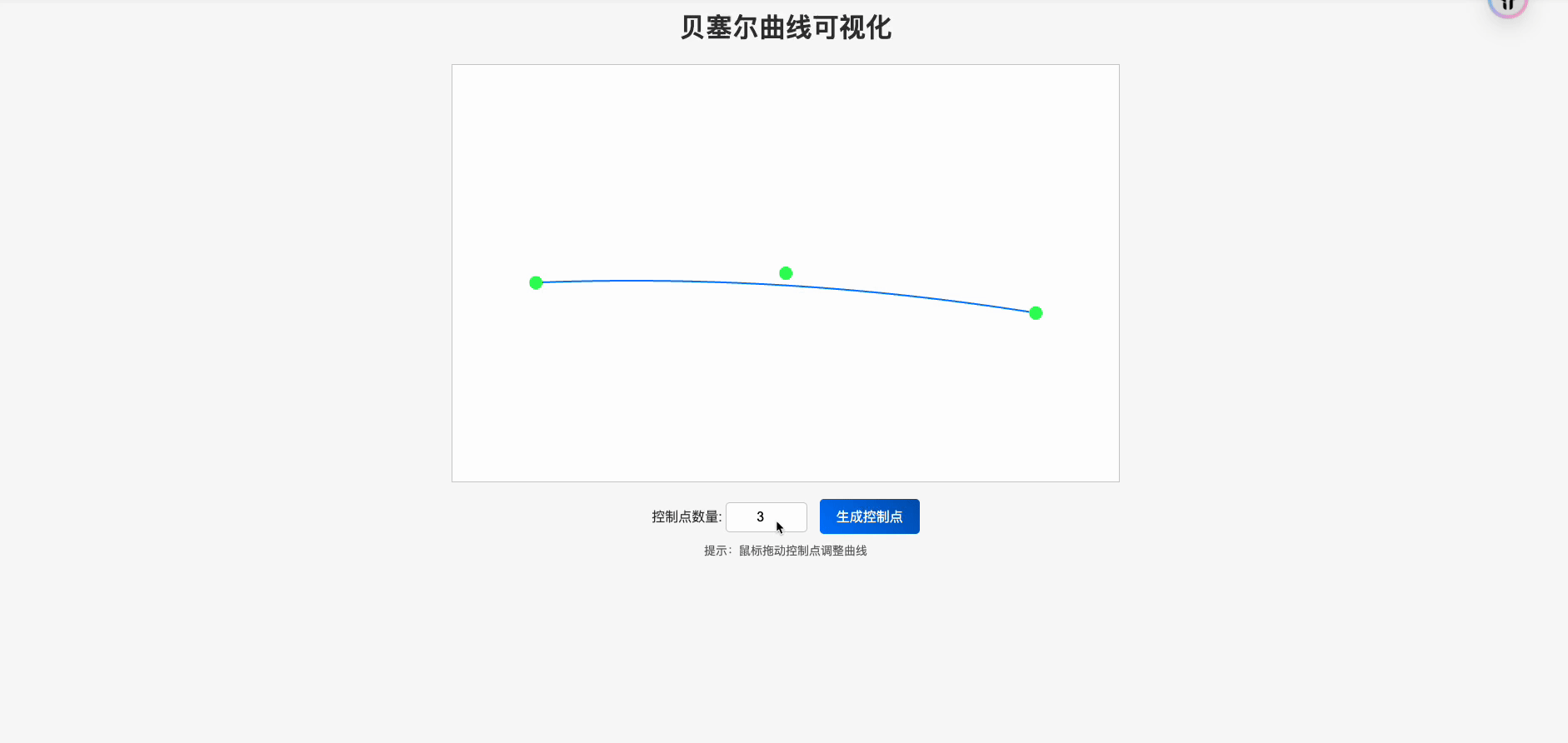1、哈希表的创建
#define MAX 10
#define NULL_KEY -1
typedef int data_type;
typedef struct{
data_type *ele;
int n;
}hash_table;
hash_table *create_hash_table(){
hash_table * ht=(hash_table *)malloc(sizeof(hash_table));
ht->n=0;
ht->ele=(data_type *)malloc(sizeof(data_type)*MAX);
for(int i=0;i<MAX;i++){
ht->ele[i]=NULL_KEY;
}
return ht;
}
2、判满
int is_full(hash_table *ht){
return ht->n==MAX?1:0;
}
3、使用开放地址法解决冲突
void insert_hash_table(hash_table *ht,data_type key){
if(is_full(ht)){
printf("hash is full\n");
return;
}
int index=key%MAX;
while(ht->ele[index]!=NULL_KEY){
index=(index+1)%MAX;
}
ht->ele[index]=key;
ht->n++;
return;
}
4、查找key
int search_hash_key(hash_table *ht,data_type key){
int index=key%MAX;
while(ht->ele[index]!=key){
index=(index+1)%10;
//找了一圈没找到,或者找到-1了
if(index==key%MAX||ht->ele[index]==NULL_KEY){
return -1;
}
}
return index;
}
5、遍历哈希表
void print_hash(hash_table *ht){
for(int i=0;i<MAX;i++){
printf("%d ",ht->ele[i]);
}
return;
}
6、使用链地址法
#define MAX 7
typedef int data_type;
typedef struct node{
struct node *next;
data_type data;
}hash_node;
//二重指针是用来存放指针的地址
//使用指针数组(二重指针)保存
hash_node **create_hash_table(){
hash_node **ht=(hash_node **)malloc(sizeof(hash_node *)*MAX);
memset(ht,0,sizeof(hash_node *)*MAX);
for(int i=0;i<MAX;i++){
ht[i]=NULL;
}
return ht;
}
//插入数据
void insert_hash_data(hash_node **h,data_type key){
int index=key%MAX;
hash_node **p=NULL;
hash_node *temp=NULL;
for(p=&h[index];*p !=NULL;p=&((*p)->next)){
if((*p)->data>key){
break;
}
}
temp=(hash_node *)malloc(sizeof(hash_node));
temp->data=key;
//*p是前一个节点的next里面存放的地址
temp->next=*p;
*p=temp;
return;
}
void printf_hash_table(hash_node **h){
int i=0;
hash_node **p=NULL;
for(int i=0;i<MAX;i++){
printf("index=%d :",i);
for(p=&h[i];*p!=NULL;p=&((*p)->next)){
printf("%d ",(*p)->data);
}
putchar('\n');
}
return;
}
© 版权声明
THE END




![[C++游戏开发基础]:深入解析复制构造函数| 小妖客栈](https://wangkay.top/wp-content/uploads/2025/03/20250326220641423-327-scaled.jpg)






- 最新
- 最热
只看作者